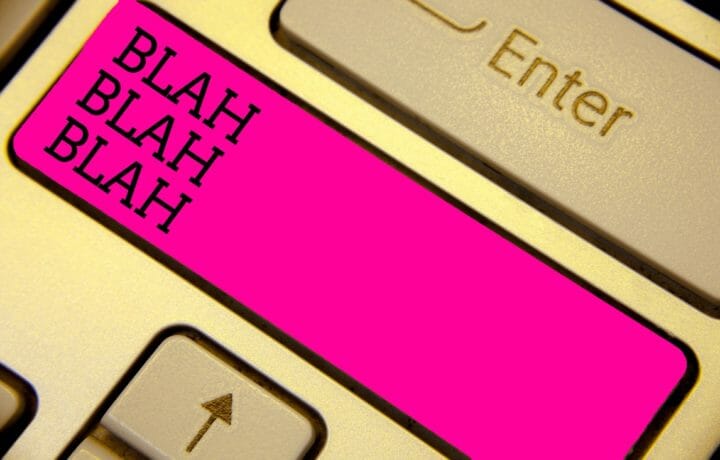Many have asked over the past six months, “Why has President Vladimir Putin invaded Ukraine?” However, in the summer of 2021, Putin outlined his reasons in an article on the Kremlin’s website titled, “On the Historical Unity of Russians and Ukrainians.” Reminiscent of Hitler’s Mein Kampf, Putin’s 15-page propaganda-filled article defines his concerns over Russian-Ukrainian relations.
He opens by stating that he firmly believes “Russians and Ukrainians were one people – a single whole.” Putin emphasizes that a “wall has emerged between Russia and Ukraine”, and that there is a deliberate effort by forces who have always sought to undermine Russian-Ukrainian unity, two countries with “essentially the same history and spiritual space”. He then reviews Russian-Ukrainian history.
The Russian President believes much was given to the Ukrainians before and after the fall of the Soviet Union and Ukraine is therefore in debt to Russia. He also wanted to make clear that Ukraine could establish a state of their own, but the terms were to “take what you brought with you.” In other words, they should return the multitude of debt owed to Russia and the Soviet Union for assistance throughout the last 100 years.
Believing Moscow and Kyiv are natural complementary economic partners, Putin believes that the countries have developed as a single economic system with profound cooperation – a system for the European Union (EU) to look up to.
Putin claims even after the events in Kyiv of 2014 (reference to a coup overthrowing pro-Russian Ukrainian President, which Russia believes was openly supported by west, and implemented by neo-Nazis troops), he required the Russian government to preserve and maintain economic ties within Ukraine. He states once the takeover occurred, there was and has never been a mutual desire by Ukraine, even though Russia remained one of Ukraine’s top three trading partners.
Putin continues his dissertation by adding in conjunction with ambitious Ukrainian neo-Nazis, the U.S. and EU countries “systematically and consistently pushed Ukraine to curtail and limit economic cooperation with Russia,” believing that Western countries rejected Russia’s repeated calls for dialogue.
Instead, Putin believes the “Ukraine was dragged into a dangerous geopolitical game aimed at turning Ukraine into a barrier between Europe and Russia, a springboard against Russia.” Putin further expressed, “Inevitably, there came a time when the concept of ‘Ukraine is not Russia’ was no longer an option,” and this thought became the ‘anti-Russia’ project, which Putin’s states he “will never accept.”
According to Putin last year, “the most despicable thing is that the Russians in Ukraine are being forced not only to deny their roots” but to also believe that “Russia is their enemy”. Stating that forced assimilation is a potential prospect, not an exaggeration and that formation of an “ethnically pure Ukrainian state, aggressive towards Russia”, is “not only possible” but also “comparable in consequences to the use of weapons of mass destruction against us.”
President Putin goes on to point out that Ukrainian representatives voted against the UN General Assembly resolution condemning the glorification of Nazism. Most western nations abstained or voted NO, as it is believed the resolution was an attempt by Russia to legitimize a disinformation campaign, which denigrated neighboring nations, while promoting a distorted and cynical Soviet narrative.
Referring to the actions of the Kyiv authorities to calm civil unrest due to the rejection of the “anti-Russia project” by millions of Ukrainians, Putin asserts all Crimea and Sevastopol, including children, “were labeled as separatists and terrorists, threatened by ethnic cleansing and the use of military force.” He then declares the residents of Donetsk and Lugansk took up arms to defend their homes, their language, and their lives.
Putin addresses the current “climate of fear in Ukrainian society, aggressive rhetoric, indulging neo-Nazis and militarizing the country.” Fearful of change, Putin maintains that there is direct external control and supervision of the Ukrainian authorities, security services and armed forces by foreign advisers, along with military development and deployment of NATO exercises and infrastructure.
Putin concludes that Russia is “open for dialogue with Ukraine”, “respects the Ukrainian language, traditions”, and desires to “see their country free, safe and prosperous”. He further conveys that “Russia has never been and will never be ‘anti-Ukraine.’” However, he contradicts himself when he says “I am confident that true sovereignty of Ukraine is possible only in partnership with Russia.”
Meanwhile, Russian paratroopers and leaders are reported facing crippling morale with severe losses in Ukraine.



